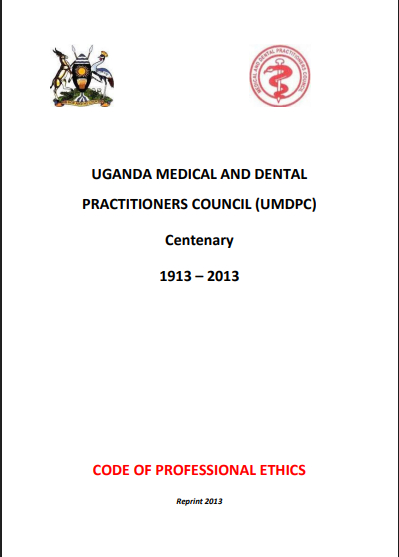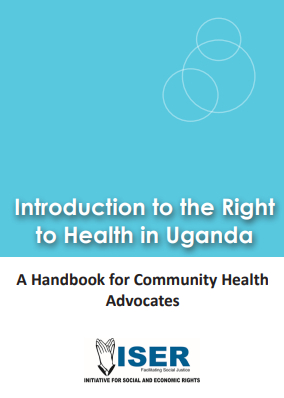 |
Downloads: 1 | Size: 337 KB
BHF Community Mobilization and Engagement ApproachBusoga Health Forum (BHF) employs a community-led, multisectoral, and participatory approach that empowers communities to identify and address their own health challenges. Rooted in Uganda’s national priorities and the Parish Development Model (PDM), the approach mobilizes local leaders, faith and cultural institutions, and technical partners to drive sustainable impact. Through well-structured community networks reaching over 4 million people across 11 districts, BHF integrates planning, implementation, and accountability at every level. The model has been successfully demonstrated through the Busoga Malaria Eradication Program, which combines mass spraying, testing, and treatment with strong community participation. The approach is supported by Makerere University School of Public Health (MakSPH), the Makerere University Lung Institute (MLI), and key CSOs such as PATH, JICA, KOFIH, PUM, and the Busoga Health Partners Network, ensuring scientific rigor, operational excellence, and community ownership. |
|
 |
Downloads: 8 | Size: 209 KB
Code of Professional EthicsOne of the cardinal statutory functions of the medical and Dental Practitioners |
|
 |
Downloads: 3 | Size: 329 KB
Introduction to the ‘Right to Health in Uganda’The right to health is a fundamental human right. It is defined as the right to the highest attainable standard of |
|
 |
Downloads: 3 | Size: 1 MB
UG NHLS Policy LTC Final Draft Signed 23 Mar 2018Health laboratory services are essential for the delivery of quality health care and should be accessible to all the people in Uganda. Poor health laboratory services subject patients to inappropriate treatment, chronic ill-health, and catastrophic health expenditures, loss of incomes and ultimately loss of confidence in health services |
|
 |
Downloads: 6 | Size: 1 MB
Uganda Investment Case for RMNCAHUganda has made progress in improving RMNCAH indices over the past 2 decades but RMNCAH conditions currently account for over 60% of Years of Life Lost in Uganda. The RMNCAH conditions thus constitute a major public health problem. Maternal mortality rates fell by only 20% over the past 20 years, decreasing too slowly to achieve national targets. |
Policies, Regulations and Guidelines

